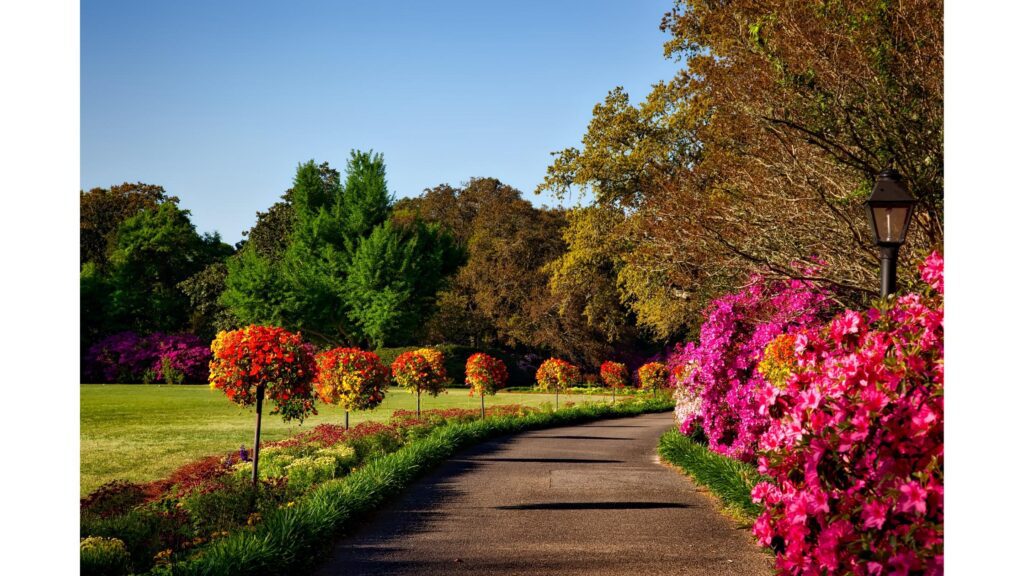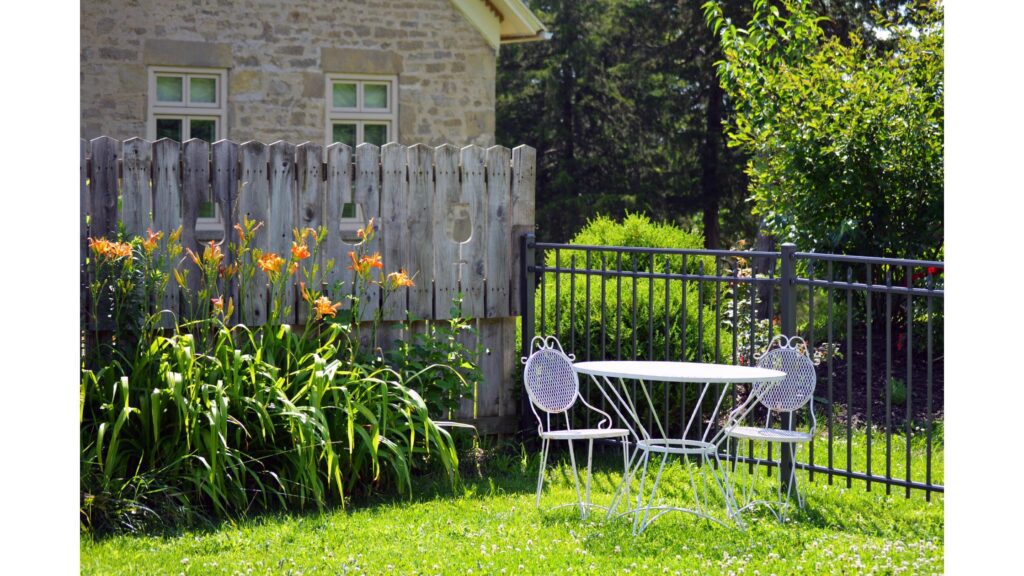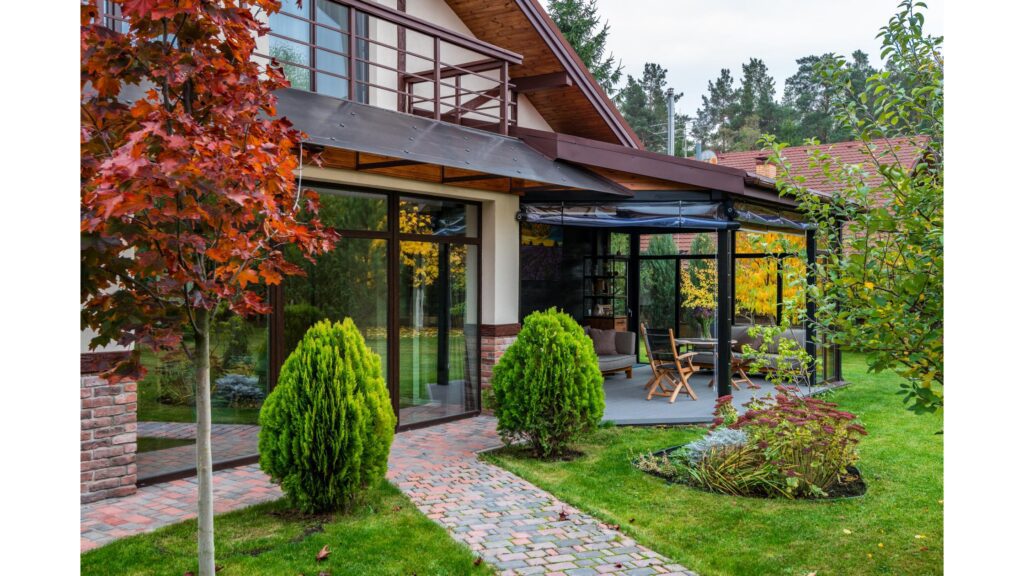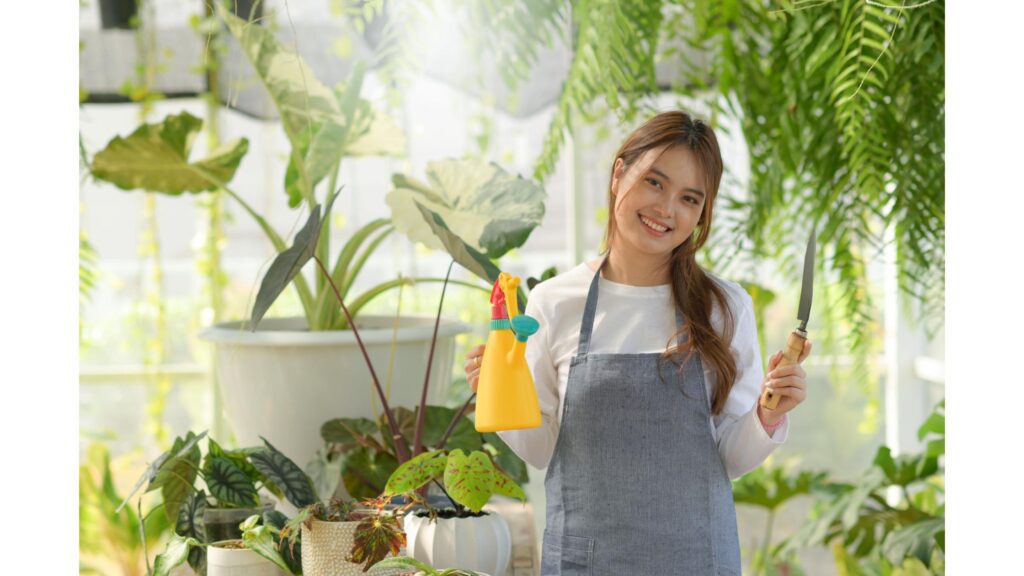Gardening can be defined as the art of growing plants. Gardens are places where natural beauties are exhibited, plants grow and people find peace. Garden owners use a variety of skills and knowledge to stimulate plant growth, control pests and ensure the garden is beautifully landscaped. In this article, we will talk about basic gardening tips and some frequently asked questions.

Issues to Consider in Gardening
- Soil Preparation and Plant Selection
One of the essential steps to success in gardening is proper soil preparation. Fertile soil is important for the healthy growth of plants. Well-drained soil ensures that the roots of the plants come into contact with air. It is important to measure the pH level of your soil and regulate it to match the pH range your plants need.
It is also important to choose plants that suit your garden. Choosing plants suitable for climatic conditions, sunlight and soil type increases your chances of success. Choosing more durable plants reduces maintenance costs.
- Irrigation and Fertilization
Regular watering of plants is important for their healthy growth and development. The amount of watering may vary depending on the plant type and weather conditions. It is important to control soil moisture and avoid overwatering plants. It is necessary to choose watering times carefully to ensure that water reaches the root areas.
Fertilization is important to meet the nutritional needs of plants. Organic fertilizers are the preferred option for feeding plants. It is important to use fertilizers suitable for the growth periods of the plants and apply them in the correct doses.
- Fighting Harmful Insects and Diseases
In gardens, pests and diseases can affect the growth of plants. Natural products instead of chemical drugs in the fight against harmful insects
It is better to give preference to methods. Simple methods such as collecting pests by hand or spraying the plants with water or herbal soap solution can be used. Additionally, attracting beneficial insects to your garden is an effective method of controlling pests. For example, growing flowering plants in your garden can attract butterflies and bees and reduce the population of pests.
In the fight against plant diseases, it is important to quickly recognize and remove diseased plants. Early intervention in the fight against the disease is important to protect the health of the plants. It may also be necessary to use appropriate medications such as fungicides or bactericides.
- Pruning and Shaping
Pruning, shaping and directing plants ensures that your garden has a tidy and aesthetic appearance. Pruning promotes healthy growth of plants, increases fruit yield and helps maintain plant forms. It is important to learn pruning techniques appropriate for different plant species.
- Seasonal Maintenance
It is also important to maintain your garden appropriately for all seasons. During the spring months, operations such as soil aeration, fertilization and lawn mowing can be carried out. During the summer months, attention should be paid to irrigation and pest control. During the autumn months, operations such as leaf cleaning, plant cutting and planting of bulbous plants are carried out. During the winter months, it is important to protect plants from cold and frost by taking protective measures.
Horticulture, https://tr.wikipedia.org/wiki/Bah%C3%A7ecilik It is an art that allows being in touch with nature and observing the growth and development of plants. In this article, we have touched on basic gardening tips. Paying attention to issues such as soil preparation, irrigation, fertilization, pest and disease control, pruning and seasonal maintenance will ensure that your garden develops in a healthy and beautiful way. Gardening is an enjoyable hobby and allows you to connect with nature, relieve stress and discover beauty. You can use these basics to create your own garden and have a green paradise.

Gardening contributes to the natural environment.
Gardening involves not only growing plants but also contributing to and protecting the natural environment. Below I will cover more gardening topics and tips:
- composting
Composting is a process where organic waste naturally decomposes into compost, a nutritious soil improver. You can recycle waste and enrich your soil by making compost in your garden. You can accumulate organic materials such as leaves, fruit/vegetable peels, grass residues in a compost pile and obtain a natural fertilizer over time.
- Natural Pest Control
Choosing natural pest control methods instead of using chemical pesticides will be a more friendly approach to your garden's ecosystem and the environment. For example, you can add plants to your garden that attract beneficial insects. Some plants naturally control pests. For example, mint and rosemary have properties that keep pests away. You can also prevent the spread of pests by checking vegetation regularly.
- Saving on water
Saving water is an environmentally important issue, and you can take some steps to use water effectively in your garden. You can use this water for garden irrigation by using rainwater collection systems. Drip irrigation systems direct water directly to the root zone of plants and minimize water loss. Additionally, you can ensure that the soil retains its moisture for longer by using water-retaining mulch materials.
- Plant Diversity
Growing a variety of plants in your garden supports natural balance and prevents the spread of insects and diseases. Avoiding monoculture and including different plant species prevents pests from focusing on a single plant species. At the same time, the visual appeal of your garden increases thanks to different plant types.
- Natural Areas and Habitats
By creating natural areas in your garden, you can provide habitats for animals such as birds, butterflies and other beneficial insects and increase biodiversity. For example, you can add elements such as bird nests, insect hotels and water sources to your garden. This way, you can support natural balance and encourage natural life around you.
- Permaculture Practices
Permaculture is an approach to sustainable agriculture and gardening based on the design and application of natural ecosystems. By planning your garden according to permaculture principles, you can increase soil fertility, save water and optimize energy use. Additionally, the permaculture approach preserves natural resources and helps you achieve a sustainable garden system.
- Learning and Experience Sharing
Gardening is a process that requires constant learning and sharing of experience. To develop your own garden, it can be useful to do research, read books, attend gardening courses or communicate with experienced gardeners. You can also join local garden clubs or community gardens to share your gardening experiences with other garden enthusiasts.

Ultimately, gardening is an art and a process that each gardener must discover in their own unique way. In this article, we have touched on the basic topics and tips about gardening. However, gardening is an endless process of learning and discovery. By following these basic principles to create your own garden, you can have a healthy and beautiful garden in harmony with nature.


















